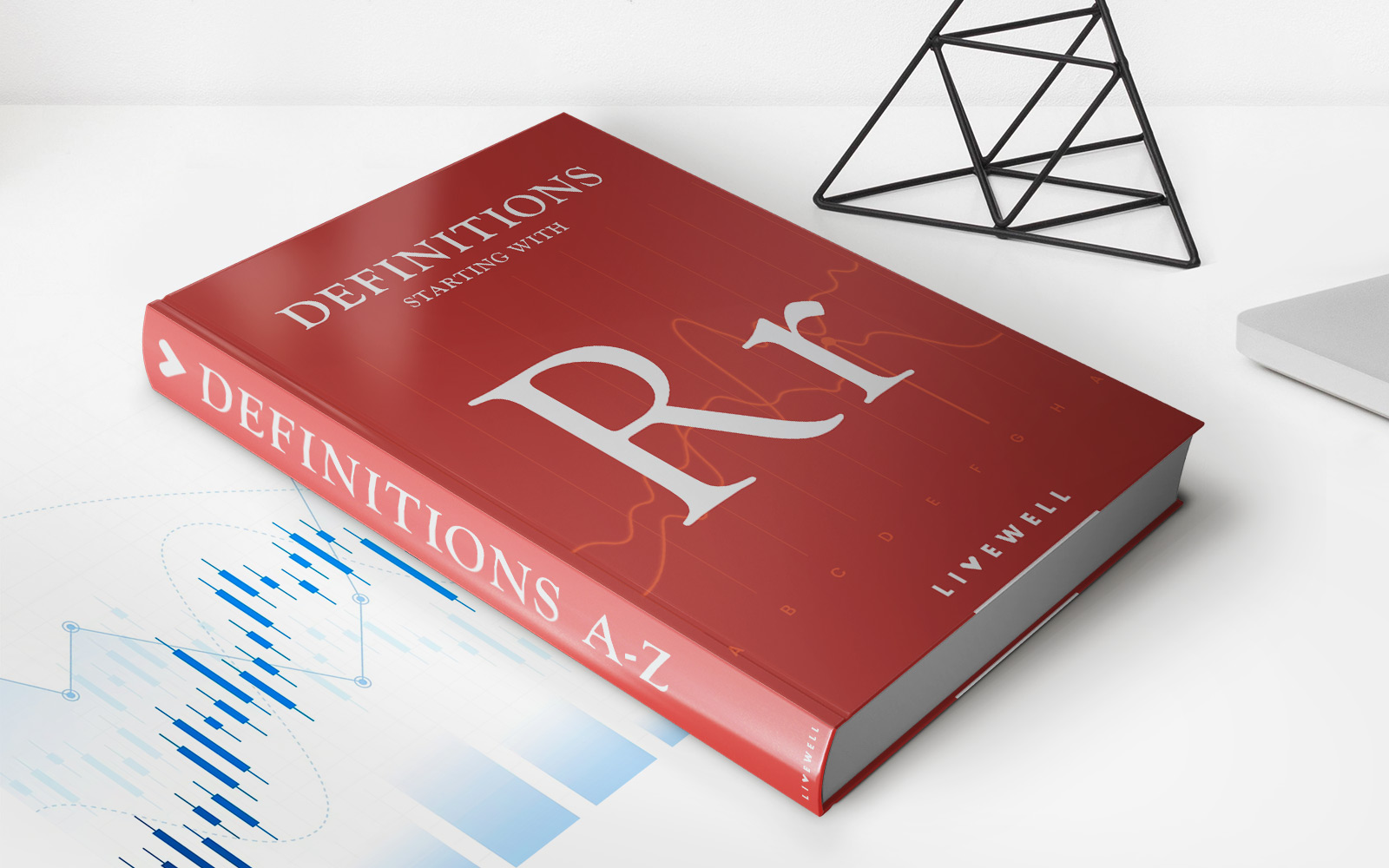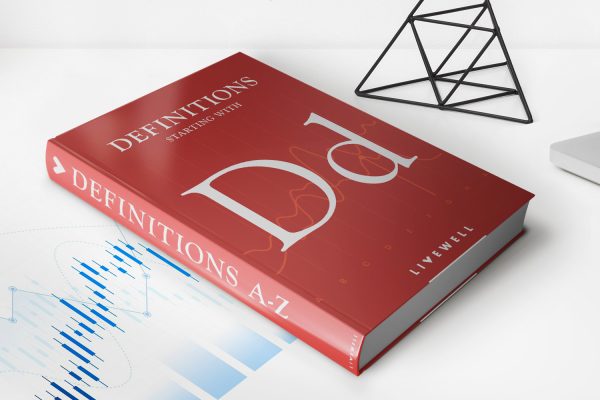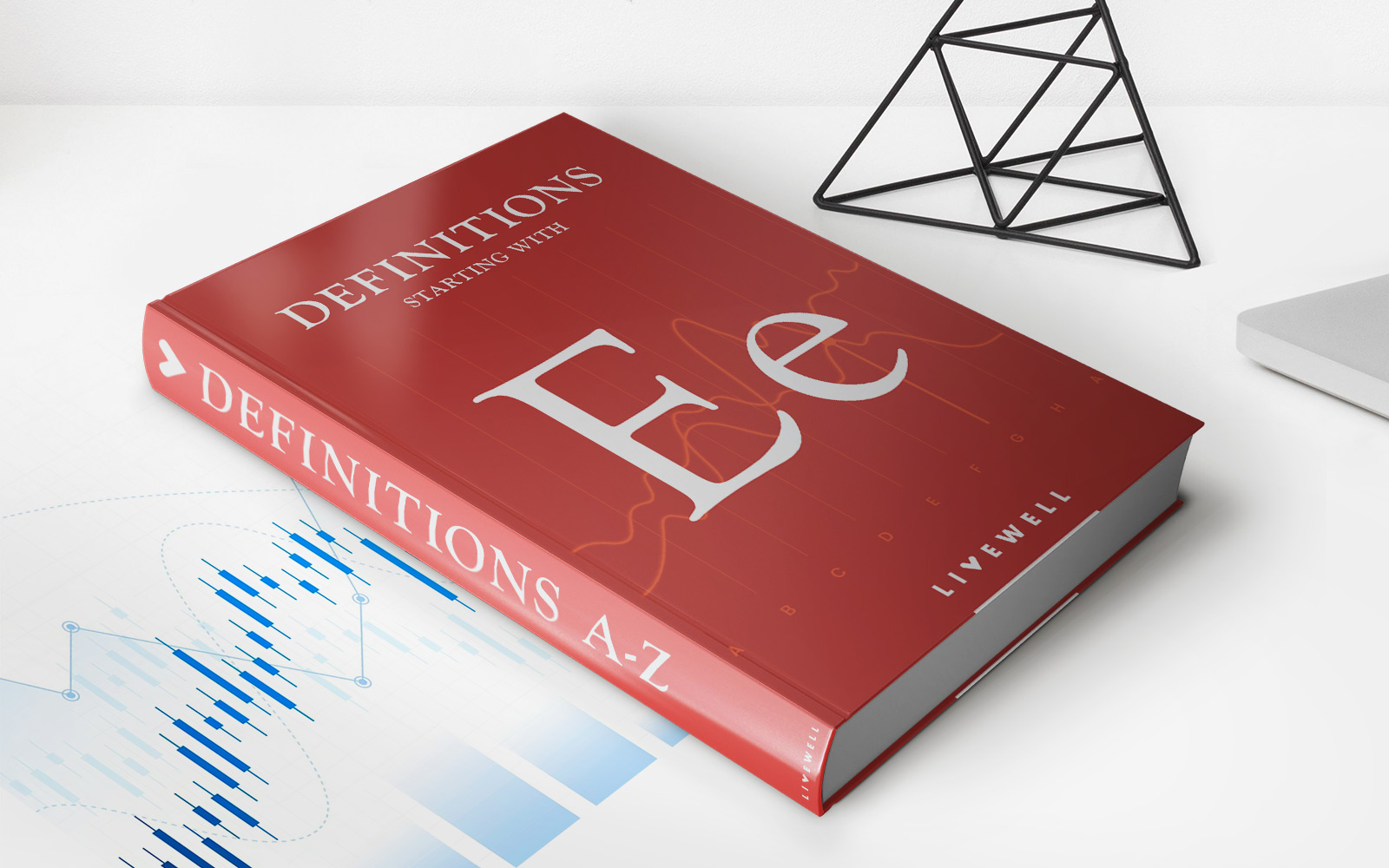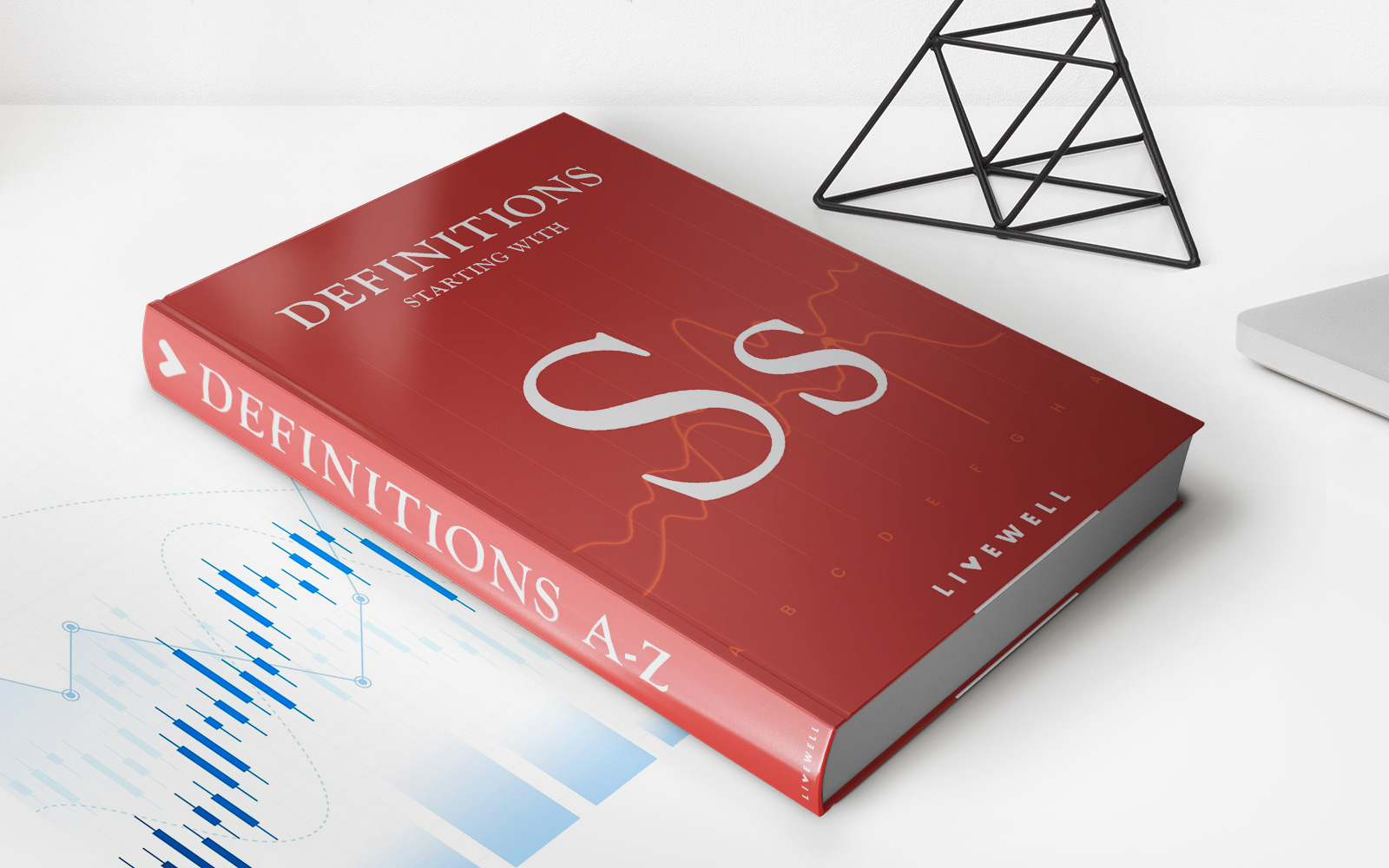

Finance
Refi Bubble Definition
Published: January 17, 2024
Discover the meaning of the refi bubble in the world of finance and its impact on borrowers and lenders. Find out how this phenomenon shapes the financial landscape.
(Many of the links in this article redirect to a specific reviewed product. Your purchase of these products through affiliate links helps to generate commission for LiveWell, at no extra cost. Learn more)
Understanding the Refi Bubble: Definition and Implications
Welcome to our Finance category, where we delve into various topics that can help you navigate the complex world of personal finance, investments, and economic trends. In this blog post, we’ll explore the concept of the refi bubble and its implications in today’s financial landscape. What is a refi bubble? How does it affect individuals and the economy? Let’s find out!
Key Takeaways:
- A refi bubble refers to a surge in mortgage refinancing activities.
- Low interest rates and favorable market conditions often drive the refi bubble.
So, what exactly is a refi bubble? Imagine a scenario where interest rates drop significantly, prompting a surge in homeowners seeking to refinance their existing mortgages. This wave of refinancing activities, driven by the desire to secure lower interest rates or capitalize on home equity, creates what is known as a refi bubble. This bubble is fuelled by the notion that homeowners can save on their monthly mortgage payments or access additional funds.
The current economic environment has created favorable conditions for a potential refi bubble. Historically low interest rates and a resilient housing market have incentivized many homeowners to seize the opportunity and refinance their mortgages. With mortgage rates hitting record lows in recent years, the refi bubble has been gaining considerable attention.
But why does the refi bubble matter? It has both personal and broader economic implications. Let’s take a closer look at what it means for individuals and the economy as a whole:
1. Personal Implications:
Opportunity for Cost Savings: Refinancing your mortgage when interest rates are low can potentially lower your monthly mortgage payments. This frees up more cash flow for other expenses or savings goals.
Access to Home Equity: Refinancing can provide an opportunity to tap into your home’s equity. By refinancing for a larger amount, you can access the equity built up in your home and use it for home improvements, debt consolidation, or other financial needs.
2. Economic Implications:
Boost to Consumer Spending: Refinancing often puts extra money in the pockets of homeowners, which can stimulate consumer spending. This increased spending can contribute to economic growth and recovery.
Potential Real Estate Market Impact: A refi bubble may lead to an increase in home prices due to higher demand. While this may be beneficial for homeowners, it can present challenges for first-time homebuyers or those looking to enter the housing market.
Market Volatility: The refi bubble can create volatility in the mortgage-backed securities market. Investors who hold mortgage-backed securities need to be aware of the potential risks associated with a sudden increase in refinancing activities.
As with any market phenomenon, it’s essential to approach the refi bubble with caution and prudence. While it may offer opportunities for savings and financial flexibility, it’s important to carefully assess your personal financial situation and goals before diving into a refinance.
In conclusion, the refi bubble refers to a surge in mortgage refinancing activities driven by low interest rates and favorable market conditions. This phenomenon has both personal and economic implications, offering potential cost savings and access to home equity for individuals while stimulating consumer spending and impacting the real estate market at large. By understanding the refi bubble and its implications, you can make informed decisions regarding your financial well-being.














